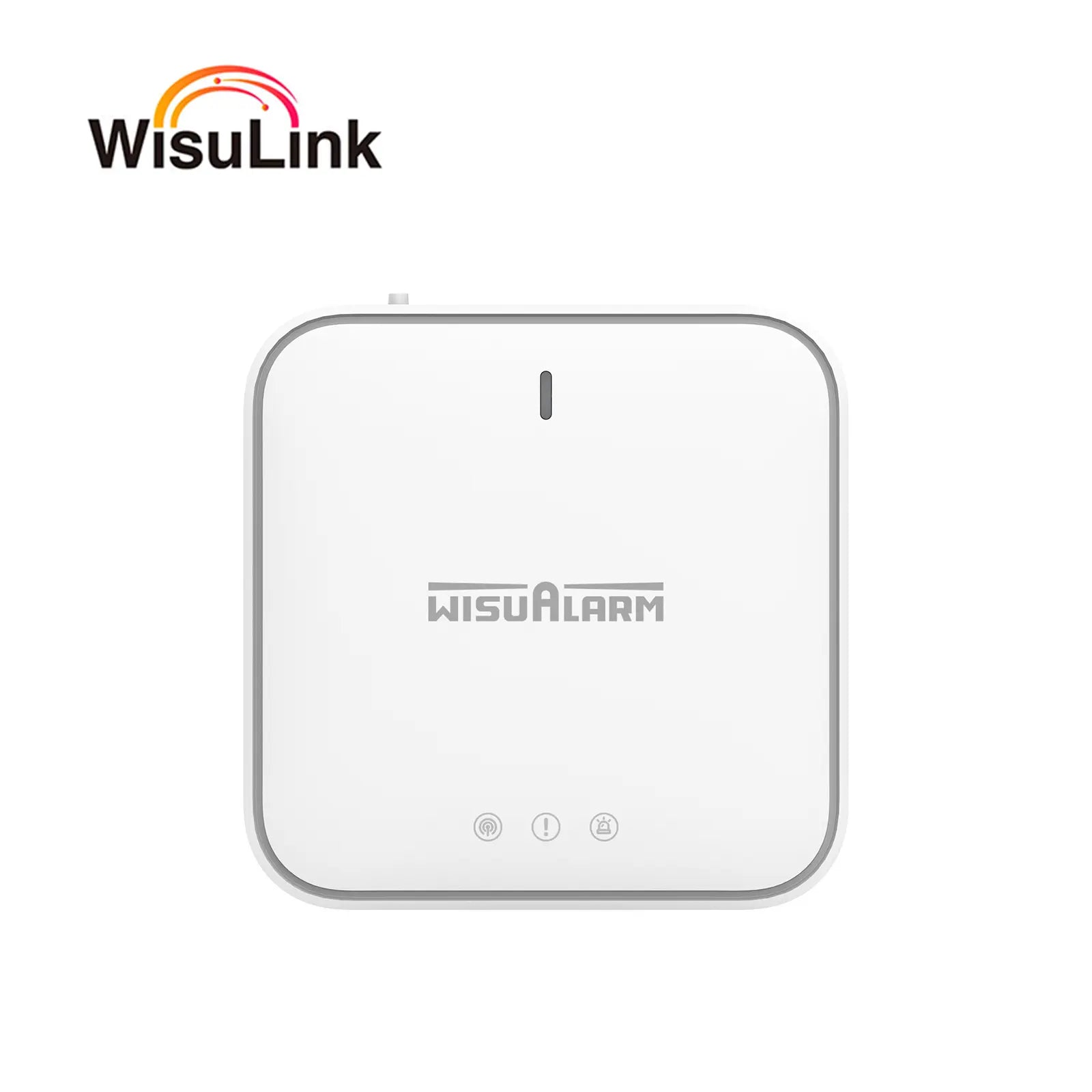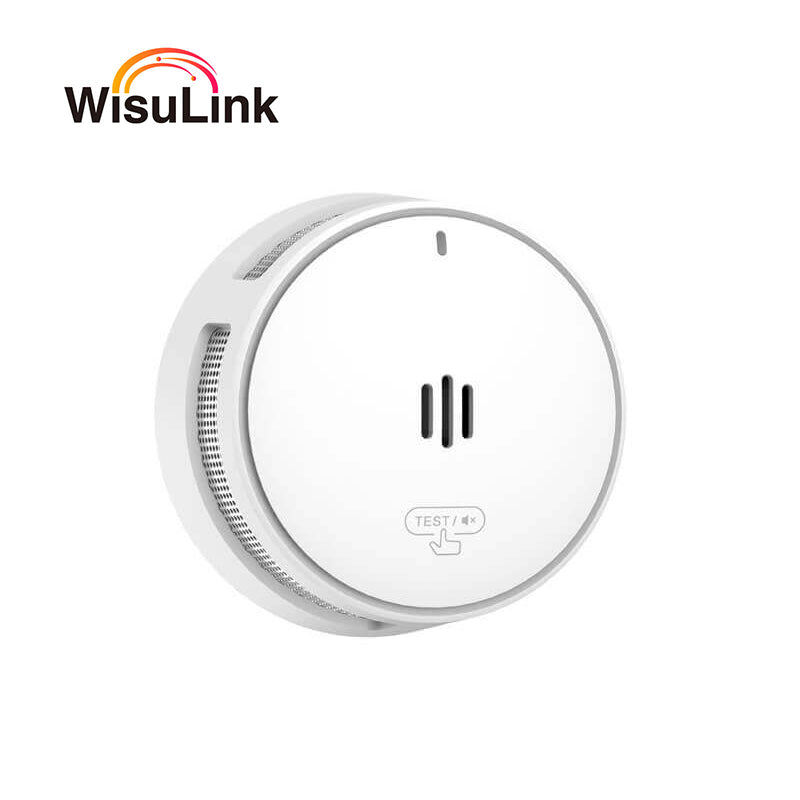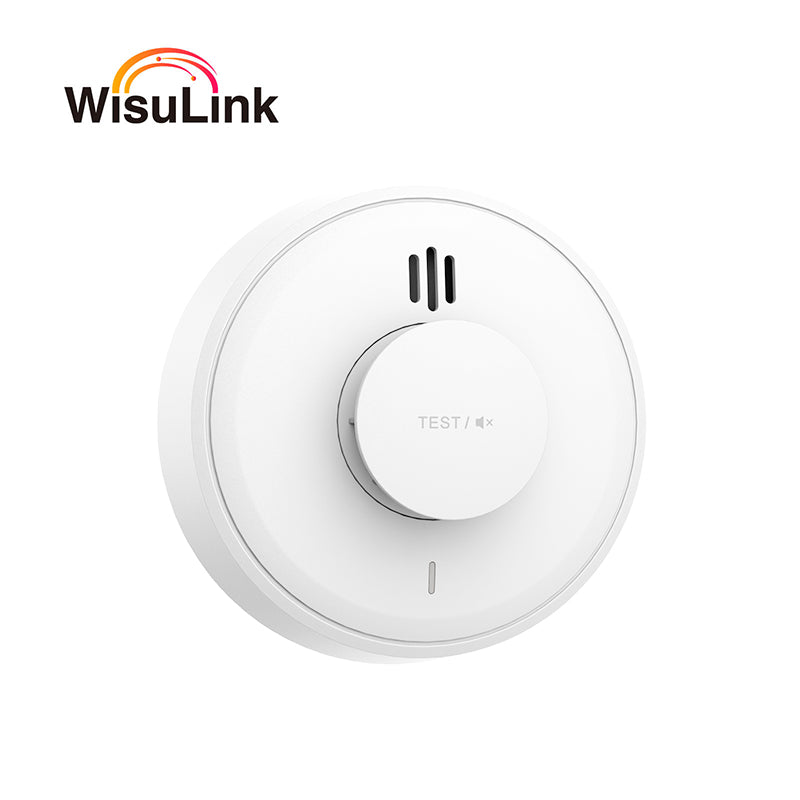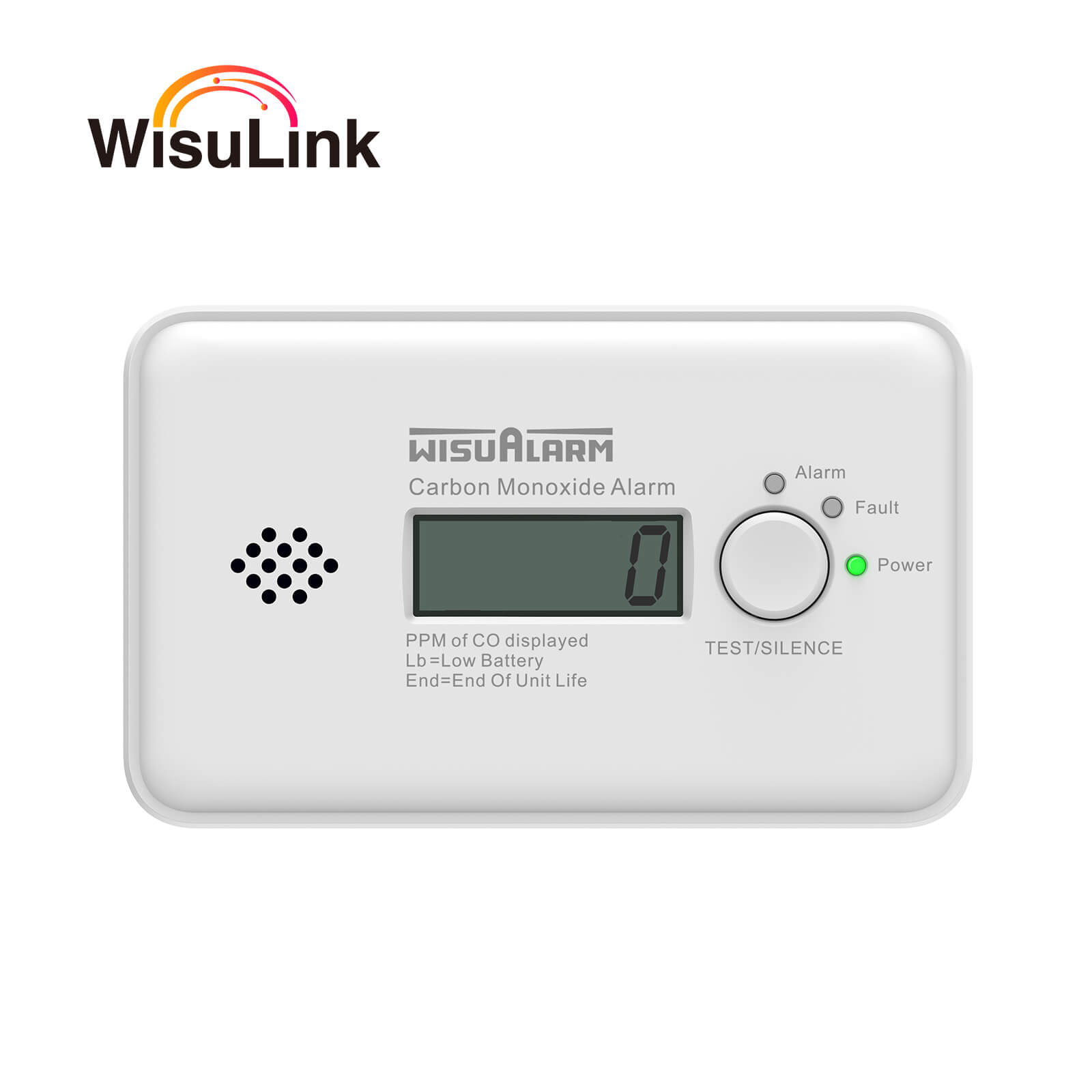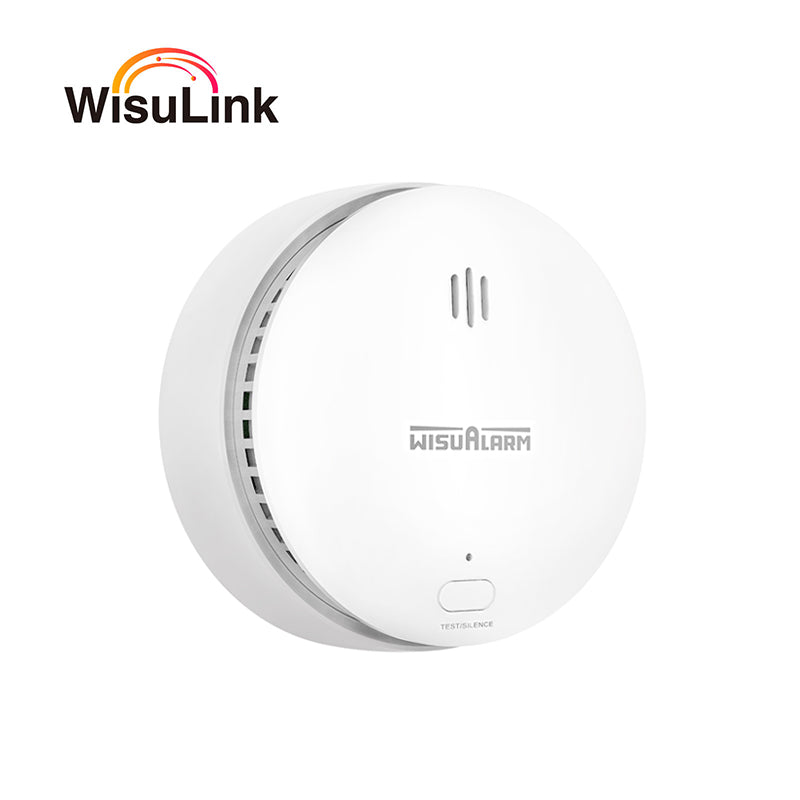Battery-Powered vs. Batteryless Smoke Alarms: Which Is Better for Your Home?
When upgrading or installing smoke alarms, one of the most critical decisions homeowners face is choosing between battery-powered and batteryless (hardwired) models. Both options aim to protect your home from fire hazards, but they differ drastically in reliability, installation, maintenance, and even cost over time. The “better” choice isn’t universal—it depends on your living situation, budget, and willingness to manage upkeep. To help you make an informed decision, let’s break down the pros, cons, and ideal use cases of each type, then explore a solution that combines the best of both worlds. 1. Battery-Powered Smoke Alarms: Flexibility with a Catch Battery-powered smoke alarms are the most common type in apartments, rental homes, and older properties. They operate entirely on disposable or...









